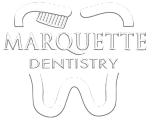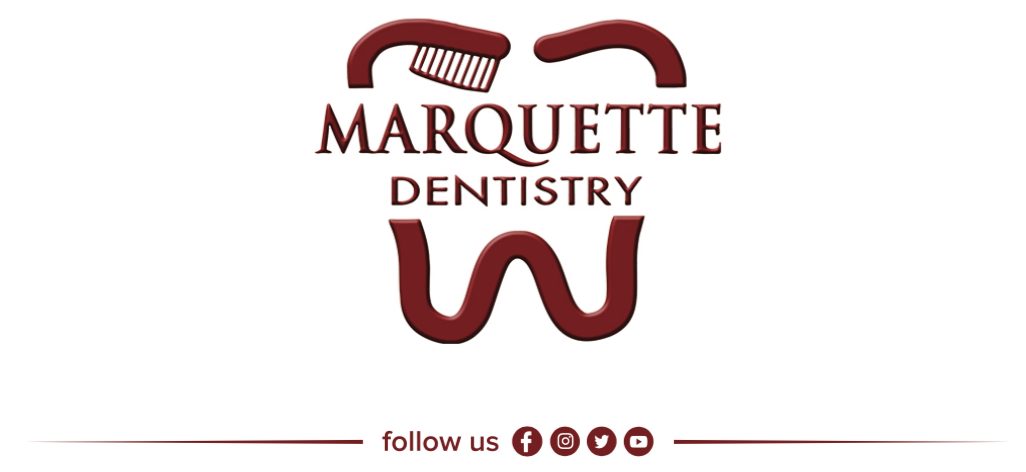Occasionally, due to trauma or disease, people will lose teeth that cannot be replaced. In this case, rehabilitative dental treatment is a must.
Missing teeth can create many new problems,
including bone loss, shifting of other teeth, and bite problems. Each of these new problems can, in turn, affect other areas of your dental health, creating a dangerous downward spiral. In addition, few things are quite as unattractive as a missing tooth. So replacing that missing tooth or teeth with a natural-looking alternative can greatly help improve a person’s self image and confidence.
In this section, we will look at two of the best ways to replace missing teeth: cosmetic dentures and dental implants.
The Problem:
- Some or all of the teeth are missing
- The inability to chew well
- An unattractive smile
- Less youthful appearance: cheeks sinking in, lips thinning, chin jutting out
- The shifting of teeth resulting in bite problems
- Increased stress on the remaining teeth
Traditional Dentures
A traditional denture is a removable replacement for missing teeth and adjacent tissues. It is made of acrylic resin, sometimes in combination with various metals. Complete dentures replace all the teeth in a jaw and fit directly on the gums and supporting bone. Partial dentures fill in the spaces created by missing teeth, resting partly on the gums and partly on the remaining teeth.
Dentures are not attached to anything and simply rest on the gums. This means that the denture can get dislodged when chewing and often limits the realistic selection of food choices for the denture wearer.
Dentures and Implants
Fortunately, dentures can be attached to implants to help improve their fit and greatly increase chewing ability. As an added benefit, the implants prevent the steady bone loss caused by traditional dentures.
Dentures attached to implants give support to the cheeks and lips creating a more youthful appearance. Speaking, chewing, swallowing and smiling are also improved due to the confidence that stems from having the dentures firmly secured in the mouth.
Disadvantages:
Dentures attached to implants must still be removed for cleaning. And, although they are much more secure than traditional dentures, they may break loose when chewing especially sticky food. Implant dentures may also cause some chafing and discomfort, however, because they are held firmly in position, they do not cause the level of chafing and soreness of traditional denture.

